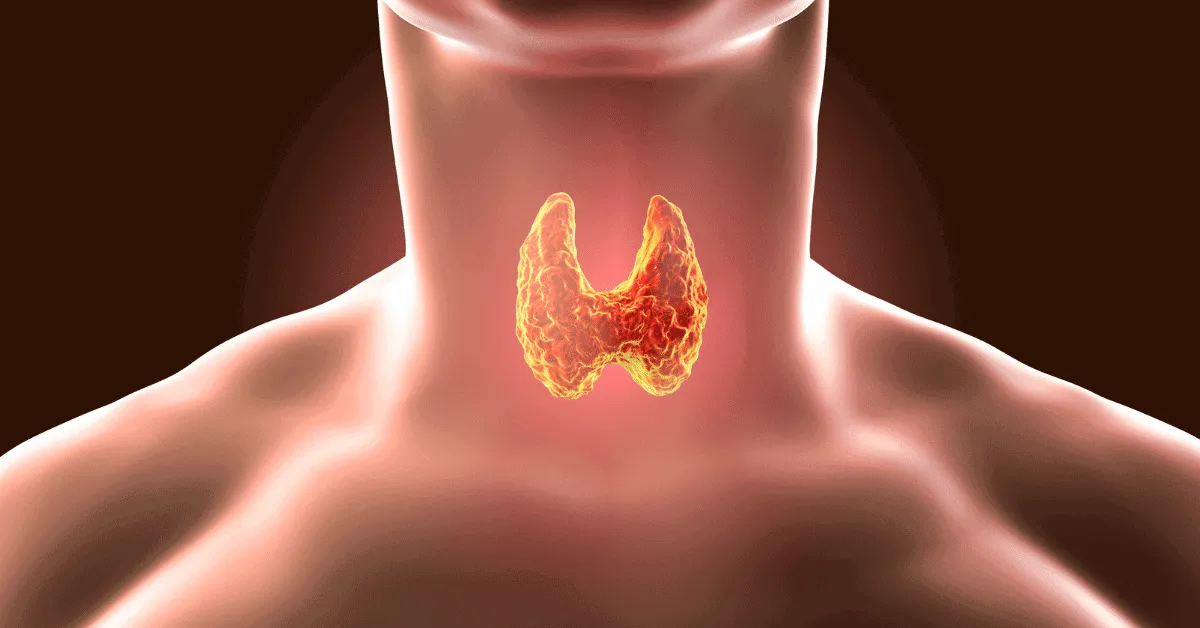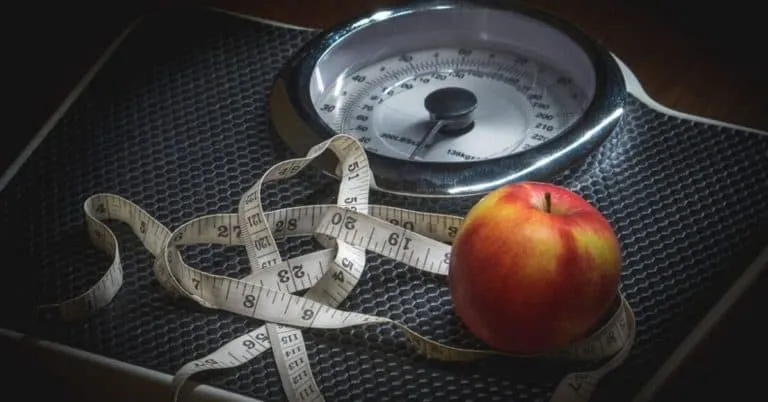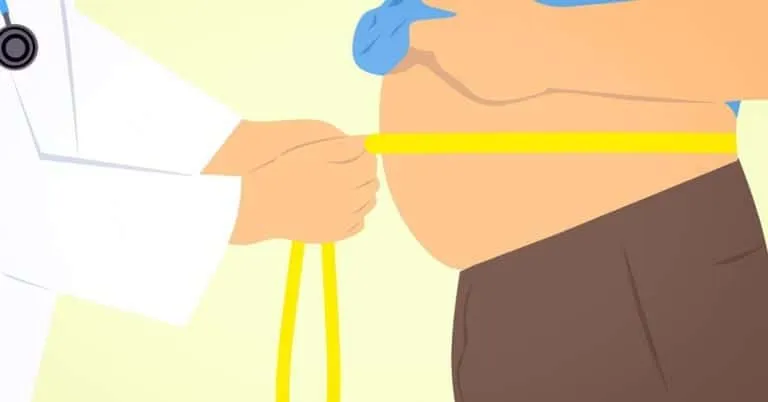How To Melt Fat When You Have Hyperthyroidism
Women, especially those over the age of 60, are most likely to have issues with the thyroid gland (these issues are together called “Hyperthyroidism”), causing weight gain, joint discomfort, and cardiovascular disease.
Hyperthyroidism, a problem where your thyroid is underactive and not creating sufficient amounts of the important hormonal agents your body requires, can cause excessive weight gain and make it tricky to slim down.
In this brief article, we’ll provide you ideas from scientific specialists based on research studies and decades of experience to aid you in losing weight even if you have hyperthyroidism.
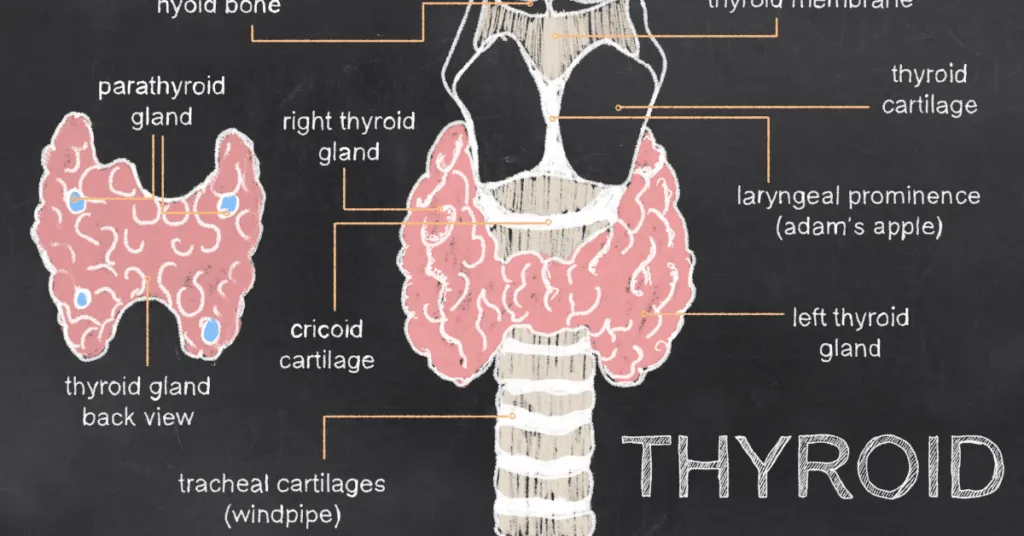
What Is Hyperthyroidism?
Hyperthyroidism is a condition that triggers your thyroid gland to be under-active and stops it from being able to produce sufficient hormonal agents to maintain your body’s proper function.
The condition may be caused by an autoimmune disease, having your thyroid surgically removed, or as the result of radiation treatment to the area. It can also be caused by iodine deficiency; however, it isn’t widespread as iodine is included in the most commonly used table salts.
While the specific root cause of the illness is unidentified, maternity can be a contributing element, and 18 percent of women will have problems with their thyroid post-partum.
What Are The Symptoms of Hyperthyroidism?
Unfortunately, the signs of hyperthyroidism can be difficult to pinpoint.
Due to the fact that the hormones manage many major functions of the body, indications of the condition might be significant or mild. If you have hyperthyroidism, you will probably experience several of the following:
- Fatigue or drowsiness
- State of mind swings
- Loss of memory
- Weight gain
- Depression
- Muscle cramping and aching
- Muscle weakness
- Reduced sweat
- Blood pressure changes
- High cholesterol
- Leg swelling
- Blurred vision
- Intolerance to cool temperatures
- Hoarse voice
- Heavy menses
- Dry hair and skin
- Hair loss
- Constipation
If you have any of the hypothyroidism symptoms, the first step is to visit a medical professional. They can run a collection of examinations to check your TSH degrees, which will show if you have too little of the hormonal agent in your system.
From there, you’ll have several treatment choices to help take care of the condition.
In most cases, treating the illness will inherently help you lose weight, but it’s crucial to make lifestyle changes for the best results possible.
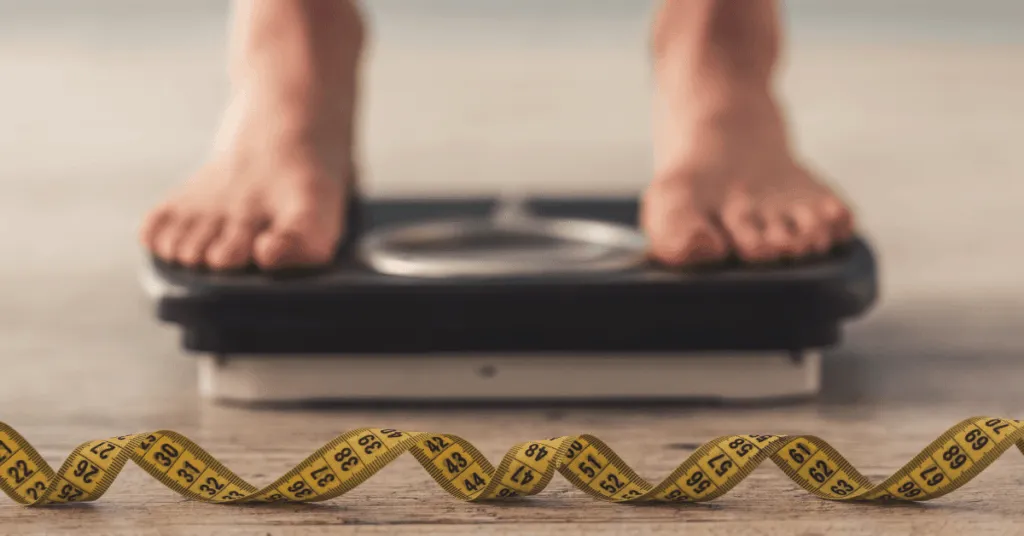
How To Lose Weight With Hyperthyroidism
There are several variables that contribute to weight gain when you have hypothyroidism.
Below we’ll check out the leading five, as well as give you ideas that you can incorporate into your day-to-day life to see fat burning success.
TSH Levels
The first examination your medical professional needs to run if you think you have a thyroid concern is seeing your TSH degrees.
Your doctor will then diagnose you with hypothyroidism and most likely suggest a medication to deal with the condition if it comes back that your levels are high.
T3 Levels
The typical therapy to treat hypothyroidism is levothyroxine, a synthetic form of the lacking T4 hormonal agent. However, in some professional trials, researchers located evidence that dealing with individuals with a T3/T4 combination treatment created better weight-loss outcomes.
If you’re having a hard time losing weight, talk with your physician about adding in an artificial T3 medicine such as liothyronine.
Your Metabolism
Your metabolic set point is sort of like your body’s satisfied area as it associates with weight.
Most people can maintain their weight, and while they may change by a couple of pounds, they find that their body will return to a set factor with little effort.
If you have hyperthyroidism, it’s likely that you also have a chronically slow-moving metabolism. A healthy female that weighs 170 extra pounds and is 5′ 6″ tall might be able to maintain their weight on 2500 calories daily. That same woman with hyperthyroidism might have a dramatically slower metabolism, suggesting she will need to take in fewer calories to preserve her weight.
To counteract these effects, make lifestyle changes to speed up your metabolic process.
One great way to speed up your body’s capability to melt calories is to have a daily workout. Try for at least 30-minutes of exercise four days a week to help burn fat.

Eat for Health
Research shows a link between thyroid, leptin, and insulin. This suggests that your body may have difficulty refining high-carbohydrate or sweet foods, and you may not experience normal cravings and satiation hints.
There are two ways to handle these challenges. Ensure your daily diet plan comprises lots of healthy foods like vegetables, lean protein, fruits, and whole grains that give your body the nutrients it requires in a very easy to absorb. You should also limit your intake of high-sugar foods.
Second, handle your hunger and blood glucose levels by consuming four to six smaller meals throughout the day. By eating every two to three hours, you make certain that you don’t have blood glucose spikes that can lead to irrepressible hunger and overeating.
Be Your Own Advocate
While thyroid problems might be common, there are many different schools of belief on how to treat them. If you’re dealing with your doctor but not seeing the outcomes that you get out of your treatment procedure, change things up!
You are the best supporter for your health and wellness, so it’s vital to take control and get the answers you deserve.
Your health and wellness, and your happiness are the best assets you have.
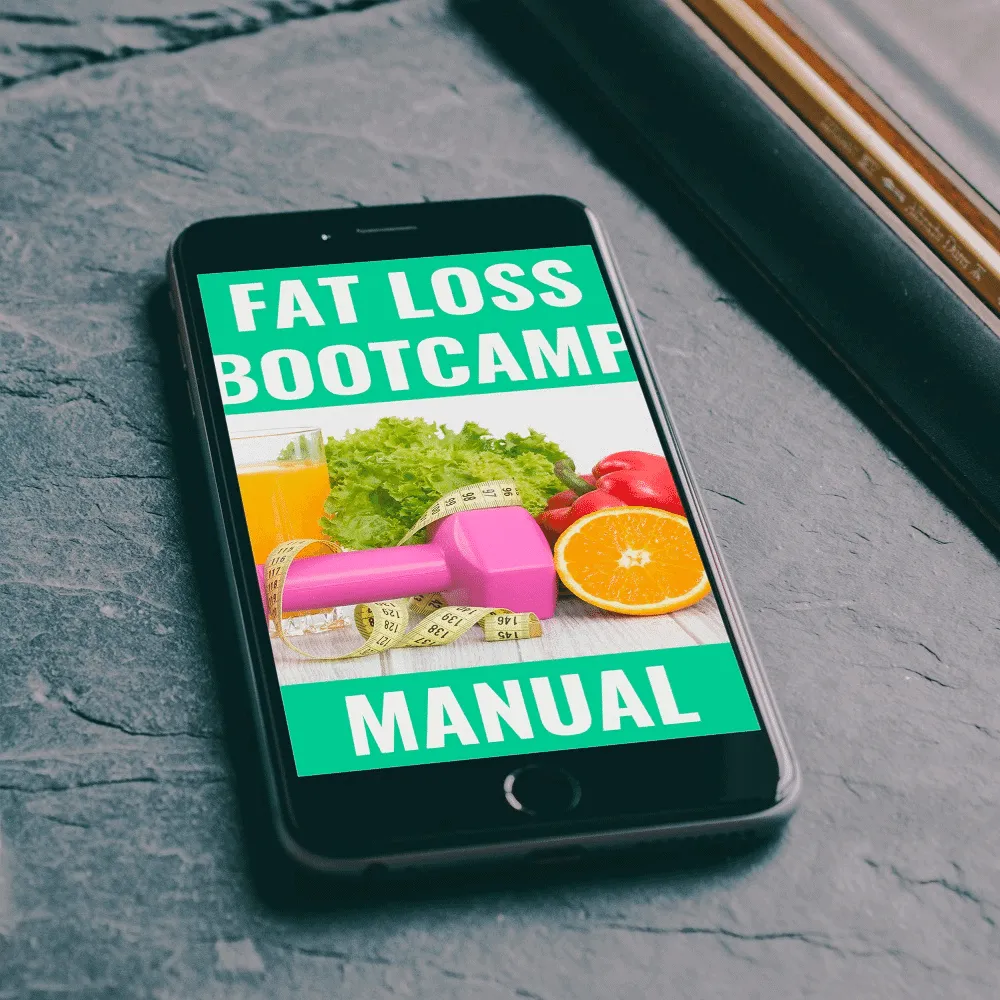
Looking for a complete diet and nutrition program to lose weight and improve your health, take a look at Good Fun Health’s 6-Week Fat Loss Bootcamp
In Closing
Hyperthyroidism can become a road-block to getting and staying healthy. In particular, losing weight when you have hyperthyroidism can be quite the challenge but it is not impossible. By making the lifestyle changes outlined here you will be able to overcome this additional challenges and get the fit body that you want.
If you have any personal experience with hyperthyroidism or difficulty losing weight due to other medical conditions of a similar nature, let us know how you’ve faced those challenges in the comments below.


